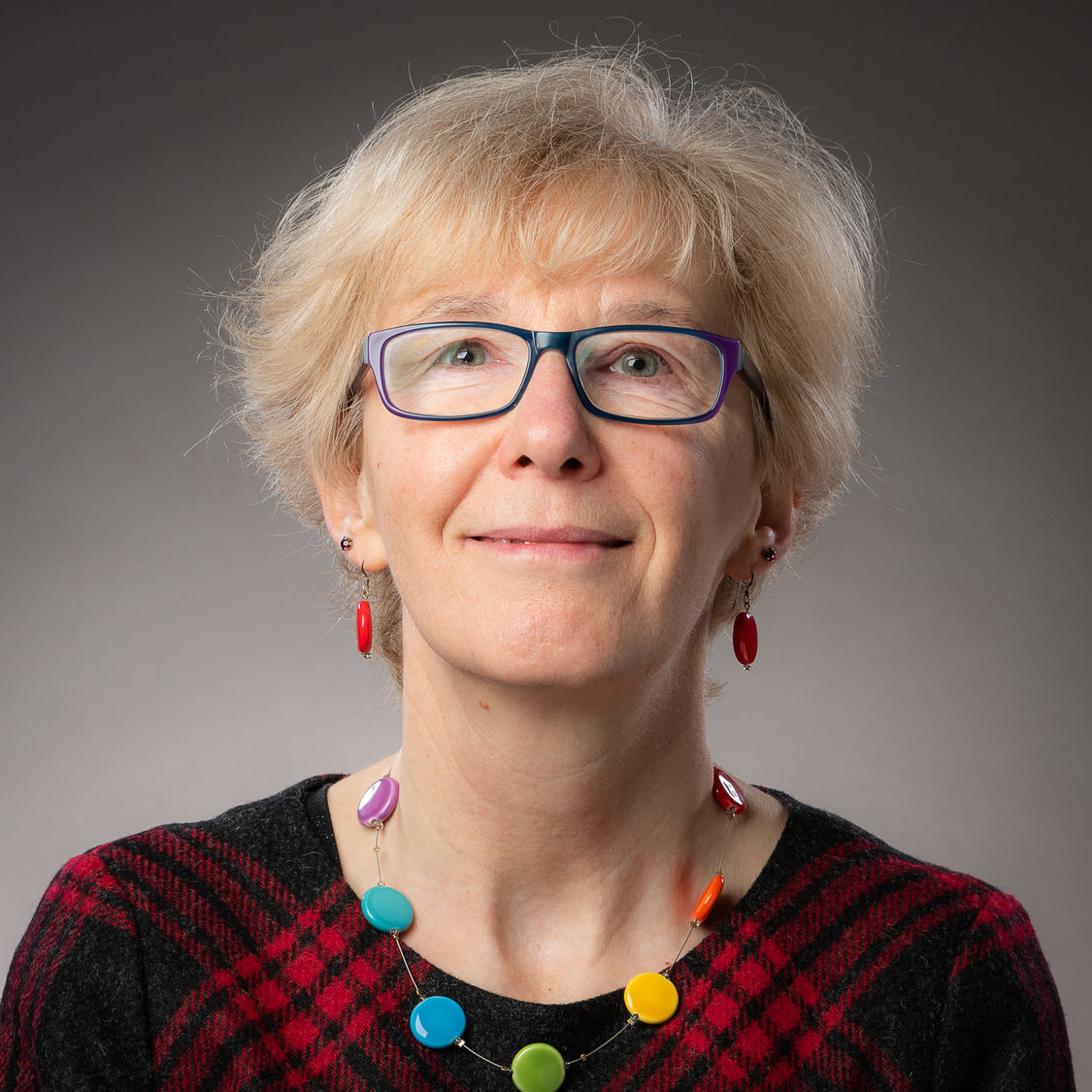Posthumanism and Educational Research: Transdisciplinary Knowledge Imaginaries for More Affirmative Futures
| Date and Time | Wednesday 23 August, 11:00 - 12:00 |
| Building and Room | James McCune Smith, 438AB [Floor 4] |

Carol A. Taylor is Professor of Higher Education and Gender in the Department of Education at the University of Bath where she is Director of Research and leads the Learning, Pedagogy and Diversity Research cluster. Carol’s research focuses on the entangled relations of knowledge, power, gender, space and ethics in higher education. Her work develops and utilizes transdisciplinary and interdisciplinary posthumanist and feminist new materialist theories and methodologies. Carol is co-editor of the international journal Gender and Education and is a member of several editorial boards including Journal of Posthumanism, Matter, Teaching in Higher Education and Critical Studies in Teaching and Learning. She is co-editor of the Routledge book series
Postqualitative, New Materialist and Critical Posthumanist Research. Carol’s latest books are
Knowledge Production in Material Spaces: Disturbing Conferences and Composing Events, (Routledge) (2022)(with Fairchild, N., Benozzo, A., Carey, N., Koro, M., & Elmenhorst, C. (2022); Taylor, C. A., Ulmer, J., & Hughes, C. (Eds.) (2020) Transdisciplinary Feminist Research: Innovations in Theory, Method and Practice (Routledge); and Taylor, C. A. & Bayley, A. (Eds.) (2019) Posthumanism and Higher Education: Reimagining Pedagogy, Practice and Research (Palgrave Macmillan). Carol is a long-standing member of the ECER community. She is currently Co-Convenor for Network 33 Gender and Education and Network 27 Didactics – Learning and Teaching, and has led a number of network events at the Emerging Researchers' Conference.
Posthumanism and Educational Research: Transdisciplinary Knowledge Imaginaries for More Affirmative Futures
In this presentation I take a feminist materialist stance to critically examine posthumanism’s claims to be an ontological, epistemological and ethical praxis for producing powerful, new, transdisciplinary educational knowledge. I explore posthumanism’s alliances with a series of other ‘posts’ - post-qualitative, postcolonial, post-disciplinary, post-critical, post-foundational research, and how posthumanism builds on and extends insights from feminism. I address the central question: What is the posthuman imaginary and what are its promises and problematics for educational research? In this, I consider posthumanism’s claims to generate new conceptualisations of, and ways of researching, curricula, pedagogy and assessment.
The last 20 years have seen posthumanism gaining increasing traction in a wide variety of knowledge fields. It is, as Ferrando (2020: 1) notes, ‘the philosophy of our time’. In educational research, posthumanism raises sharp questions about knowledge, power, responsibility and justice. This is because it fundamentally shifts the terms of the debate regarding human subjectivity, the production of knowledge, and human-nature relations. Posthumanism is not about eliminating humans or using science to go beyond or ‘improve’ humans. At its heart, posthumanism is a critical project of and for social, ecological and educational change. Posthumanism’s four core aims are to: a) displace the ‘Man’ of Western Humanism; b) undermine the claims of species exceptionalism that have done such devastating damage to our planet and all the life forms on it; c) dislodge dehumanising, damaging binaries and boundaries that colonialism and global capitalist ‘progress’ are founded upon; and d) promote more relational and inclusive practices. Posthumanism questions the rationalistic, individualistic, metricised, performative and competitive assumptions that underpin much mainstream educational research.
Posthumanism’s advocates offer passionate and compelling arguments as to why educational research – and its practices of colonialist knowledge extraction, normative citational politics, and epistemic reproduction of the same – needs to change. Posthumanism’s opponents argue that its own erasures work to reproduce the White epistemic injustices it purports to displace. Amidst this critique and promise, key questions challenge posthumanist researchers: What theoretical and practical resources does posthumanism offer in terms of how change is to be effected in educational practice? How are posthumanist claims for ‘doing knowledge differently’ being enacted in educational research? And what evidence exists to indicate that posthumanist educational research is making any difference in addressing injustices?
From an engaged feminist materialist posthumanist stance, I argue that posthumanism can expand our research horizons through a new ethics of engagement in the politics of knowledge, that its orientations to transdisciplinarity can produce new knowledge imaginaries concerning what counts and who matters; and that it has the potential to summon into being more affirmative educational futures.
Important Dates ECER 2023
01.12.2022 | Submission starts |
31.01.2023 | Submission ends |
01.04.2023 | Registration starts |
01.04.2023 | Review results announced |
15.05.2023 | Early bird ends |
26.06.2023 | Presentation times announced |
30.06.2023 | Registration Deadline for Presenters |


